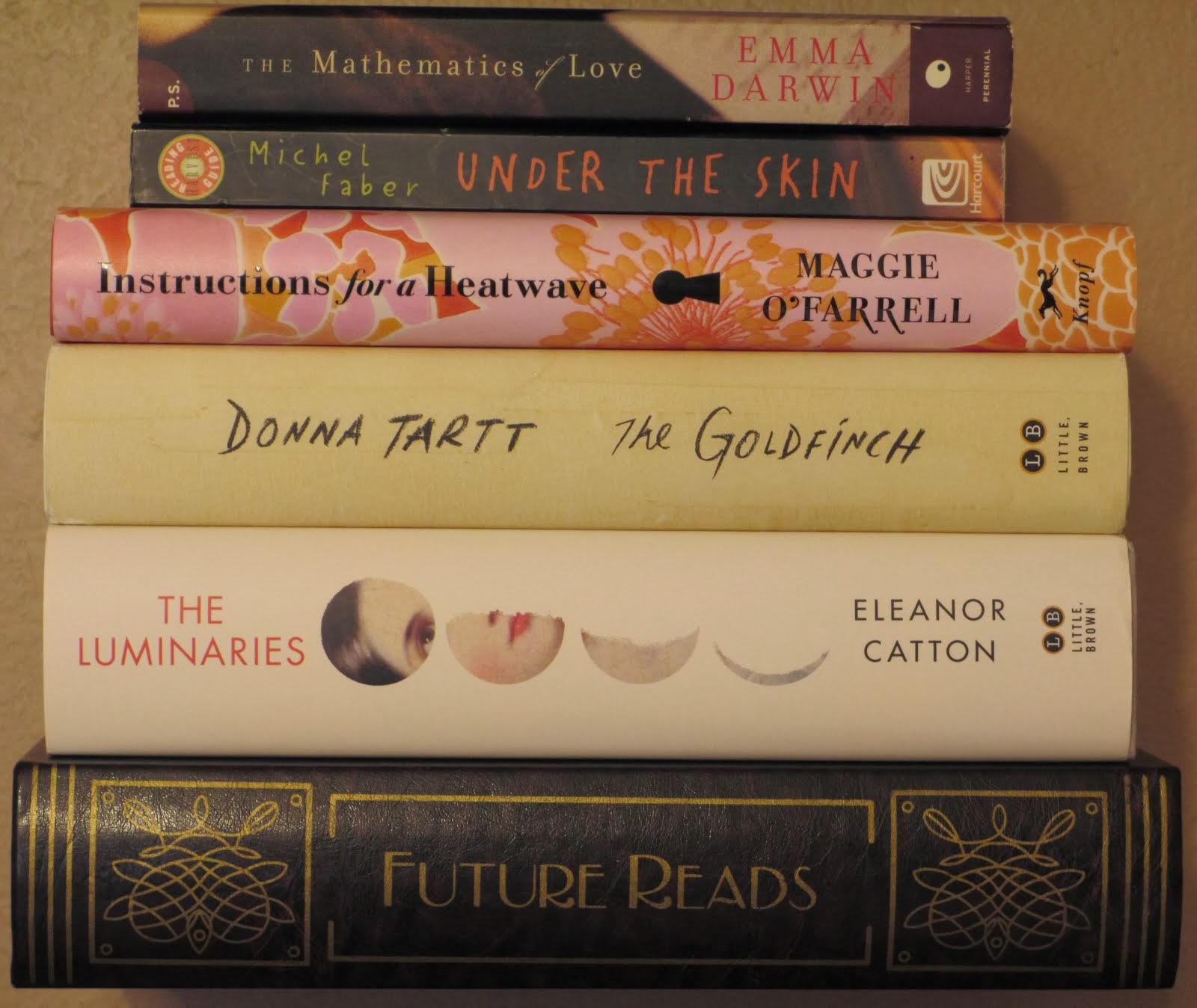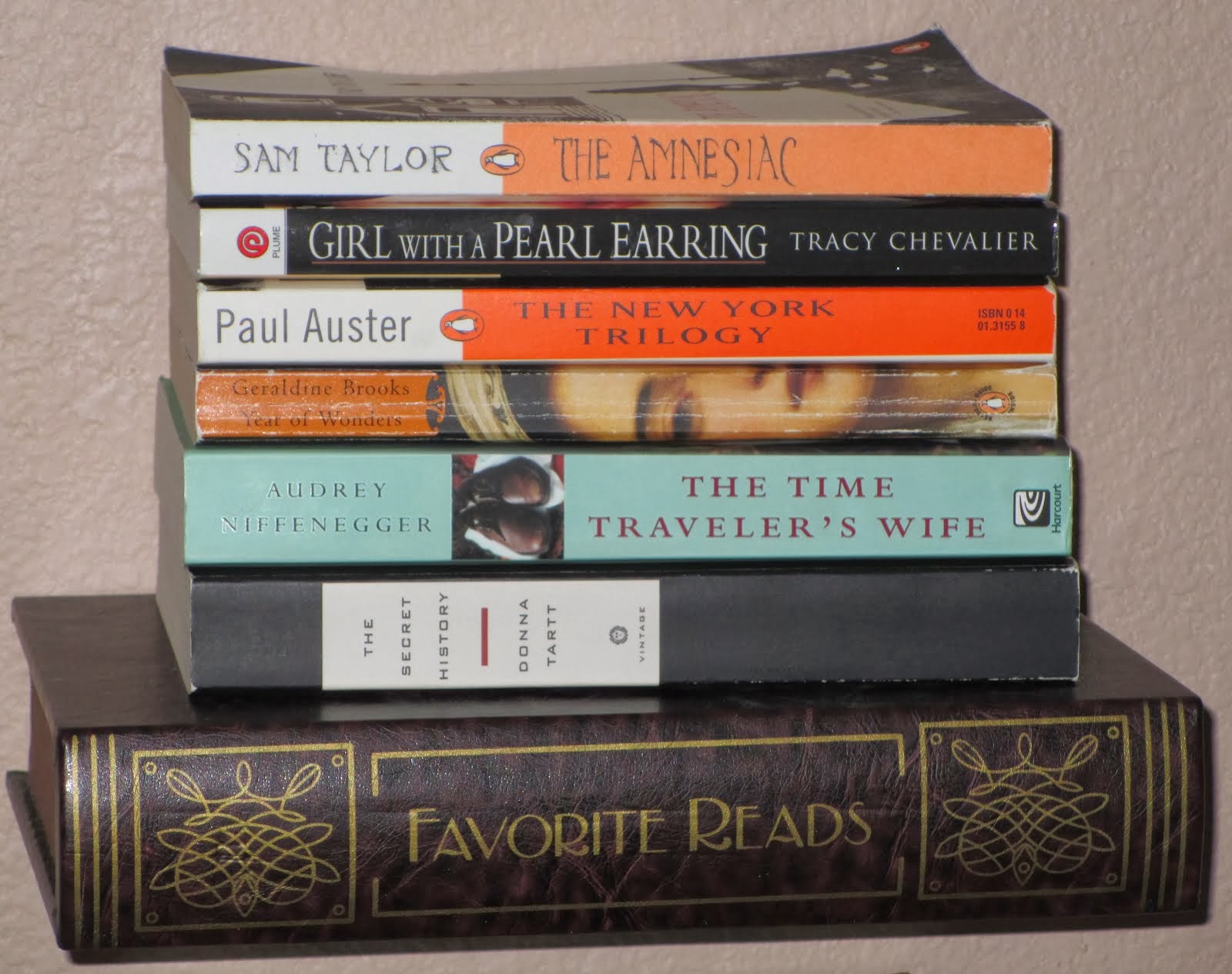I have read this one enough times that I can actually remember who done it. (Most of Christie’s books surprise me every time I read them. You know. That literary amnesia thing again.) Of course there were a lot of details that I did not remember, so I still enjoyed the read.
In this book, Hercules Poirot is called in by his author friend Ariadne Oliver, who has been visiting in the town of Woodleigh Common. Just the night before, Ms. Oliver had attended a children’s Halloween party during which one of the young guests, a girl by the name of Joyce Reynolds, was drowned in an apple-bobbing bucket. The thing that stuck in Ms. Oliver’s mind was the fact that, earlier during the evening of the party, Joyce--a girl given to telling tall tales and generally known as a liar--had been trying to convince the others present that she had once witnessed a murder. Unfortunately for Joyce, the wrong person overheard her claims.
This isn't my absolute favorite Agatha Christie book (I'd say that slot is claimed by And Then There Were None), but I don't think I've ever read a mystery of hers that I didn't like, and this one was no exception.
Here is what I love about Agatha Christie. Her stories are always so logical. Even if the murderer is slightly insane, it's in such a neat, restrained, British way. There's very little gore, and hardly anyone ever gets hacked to pieces. Many of the deaths occur by a nice, civilized poisoning, or at worst an efficient coshing or a single, well-thought-out gunshot. Poirot and Miss Marple are my heroes, with their amazingly astute observations and keen understanding of human nature. And somehow Christie manages to get me suspecting almost every single character in the story at one point or another. See? Perfection.
Happy Halloween! Don't keep your head in the apple-bobbing bucket overlong.
Here is what I love about Agatha Christie. Her stories are always so logical. Even if the murderer is slightly insane, it's in such a neat, restrained, British way. There's very little gore, and hardly anyone ever gets hacked to pieces. Many of the deaths occur by a nice, civilized poisoning, or at worst an efficient coshing or a single, well-thought-out gunshot. Poirot and Miss Marple are my heroes, with their amazingly astute observations and keen understanding of human nature. And somehow Christie manages to get me suspecting almost every single character in the story at one point or another. See? Perfection.
Happy Halloween! Don't keep your head in the apple-bobbing bucket overlong.





























